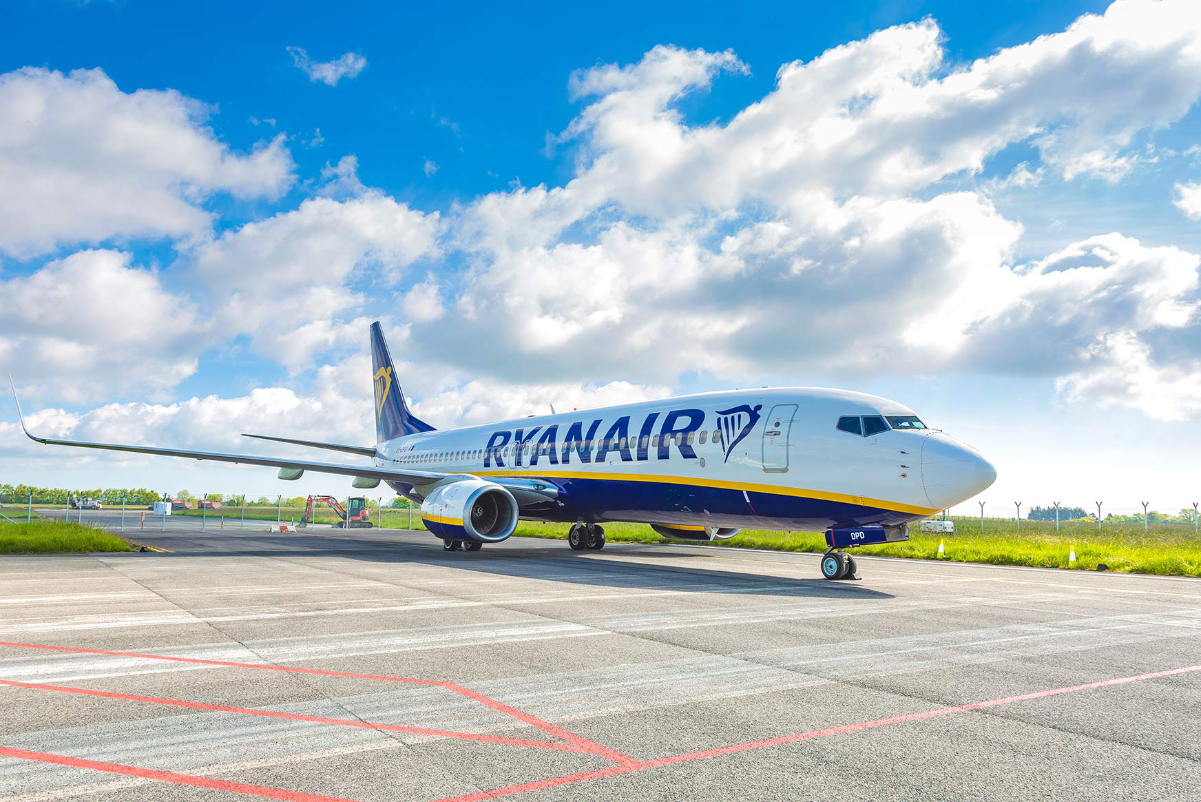Skift Take
Even as costs have been soaring, Ryanair has managed to swing back to profit. Clearly, CEO Michael O’Leary was right when he said he has this pandemic mess all worked out.
Ryanair on Monday posted its largest ever after-tax profit for its key summer season and said it expected very strong passenger and fare growth for years to come as customers switch from higher-cost rivals.
But it also warned Europe’s recovery remained susceptible to shocks from Covid-19 and Russia’s invasion of Ukraine, and said aircraft delivery delays from Boeing could hit its capacity next summer.
The Irish airline, Europe’s largest by passenger numbers, earned 1.371 billion euros ($1.36 billion) in the six months to the end of September, the first half of its financial year.
While that was just short of a forecast of 1.385 billion in a company poll of analysts, it was well ahead of its previous first-half record of 1.29 billion euros in 2017. Ryanair’s shares were up 3.5 percent at 0925 GMT.
“Concerns about the impact of recession and rising consumer price inflation on Ryanair’s business model have been greatly exaggerated,” Chief Executive Michael O’Leary said.
“We expect these strong fundamentals will continue to underpin robust traffic and average fare growth for the next 18-months at least,” he said. Profit and traffic are poised for “very strong growth” until 2025 assuming oil prices remain relatively stable, he added in a video presentation.
A loss-making winter, during which Ryanair hopes to boost traffic 10 percent above pre-Covid levels, is likely to leave the airline with an after-tax profit of between 1 billion and 1.2 billion euros for the year to March 31, it said.
That forecast is “slightly tentative” considering most analysts were forecasting 1.2 billion euros, said Liberum analyst Gerald Khoo, who said in a note that he remained cautious on next year due to recessionary risks.
O’Leary said the July-September quarter had delivered growth on a scale he had never seen, with 15 percent traffic growth combined with a fare rise of 14 percent thanks to the combination of pent-up demand and the post-Covid retrenchment of rivals.
Bookings in November and December remain strong but there is little visibility for the first three months of 2023, he said.
Several rivals have provided upbeat guidance in recent weeks with Wizz Air, British Airways-owner IAG and Lufthansa all saying they were seeing continued strength in ticket sales despite inflation fears.
Chief Financial Officer Neil Sorahan said Ryanair expected “significant consolidation and some airlines failures” over the next 3-4 years and O’Leary said Ryanair could be left as the only major low-cost carrier in Europe.
Ryanair plans to grow from 168 million passengers this financial year to 185 million next.
However, while the airline is planning for the deliver of 51 737 MAX aircraft by next summer, O’Leary said he was concerned Boeing might fall short.
“I think it is more likely that Boeing will leave us short and we will finish at maybe 40 or 45 additional aircraft for next summer,” he said.
(Writing by Conor Humphries; Editing by Louise Heavens and Mark Potter)
Copyright (2022) Thomson Reuters. Click for restrictions
This article was written by Conor Humphries from Reuters and was legally licensed through the Industry Dive Content Marketplace. Please direct all licensing questions to [email protected].
The Daily Newsletter
Our daily coverage of the global travel industry. Written by editors and analysts from across Skift’s brands.
Have a confidential tip for Skift? Get in touch
Tags: coronavirus recovery, earnings, european airlines, inflation, low-cost carriers, profits, Russia war, ryanair, summer travel
Photo credit: Ryanair plans to grow from 168 million passengers this financial year to 185 million next. Ryanair
